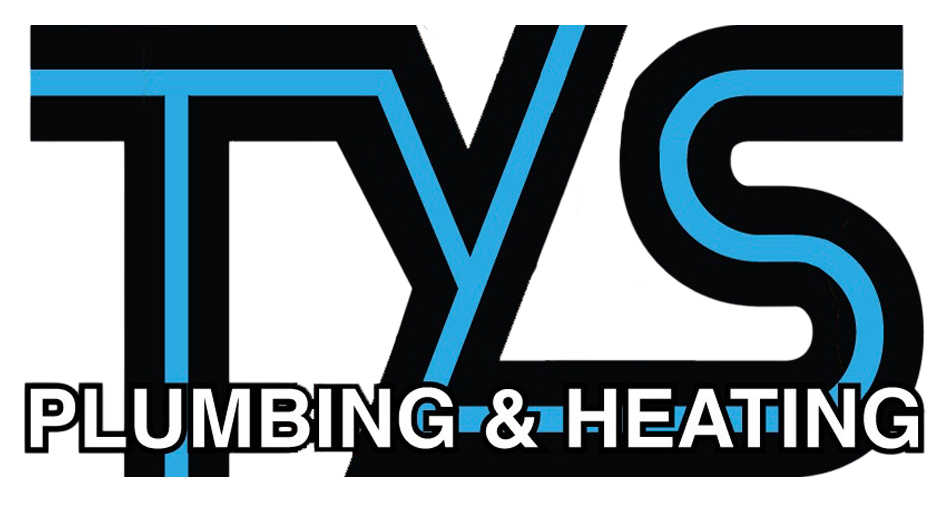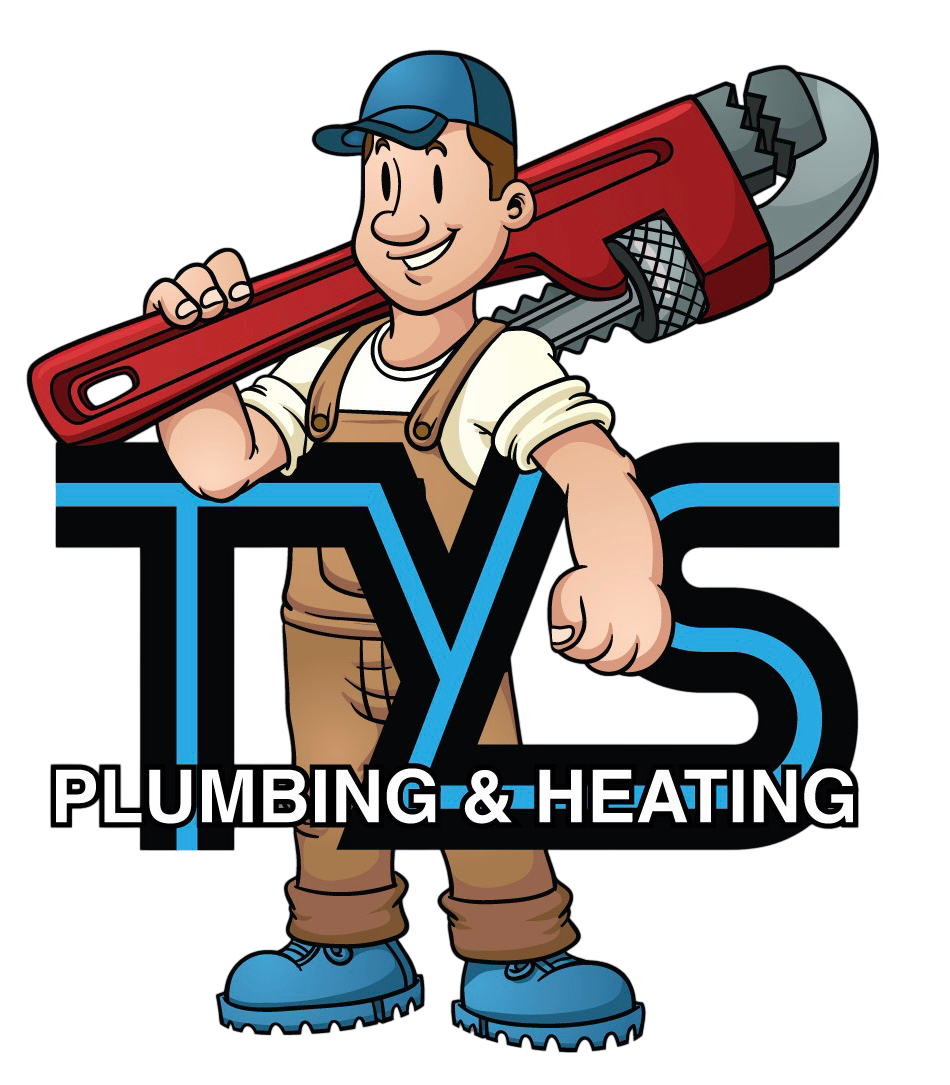Plumbing systems are very complicated and take years to fully learn, especially how to handle and fix them properly. We’ve put together some frequently asked plumbing questions so you can gain a better understanding of your own plumbing system and hopefully be able to better care for it.
1. What Should I Do If I Have a Clogged Drain?
Clogged drains are one of the most common plumbing issues. If you encounter a slow drain or blockage, start by using a plunger to try and clear it. For kitchen sinks, a mixture of baking soda and vinegar followed by hot water can often help break down grease and debris. If the clog persists, you may need a drain snake or a professional plumber to clear it out. Avoid using chemical drain cleaners, as they can damage your pipes over time.
2. How Can I Prevent a Clogged Toilet?
To prevent clogged toilets, be mindful of what goes down the drain. Avoid flushing anything other than toilet paper and human waste. Items like paper towels, wet wipes, and sanitary products should never be flushed, as they can easily cause blockages. Additionally, ensure that your toilet’s flushing system is working properly and that the water pressure is adequate to clear waste effectively.
3. Why Is My Water Pressure Low?
Low water pressure can be caused by several factors, including mineral buildup in pipes, a malfunctioning pressure regulator, or a leak in the plumbing system. You can try cleaning your faucet aerators and showerheads to remove any mineral deposits. If the problem persists, it may be time to call a plumber to inspect your pipes and check for leaks or other issues that could be affecting water flow.
4. How Do I Know If I Have a Leak?
Leaks can often go unnoticed, especially if they’re hidden behind walls or under floors. Some common signs of a leak include a sudden increase in your water bill, the sound of running water when no faucets are on, or water stains on the ceiling or walls. If you suspect a leak, it’s best to call a plumber to perform a leak detection test. Early detection can prevent costly damage and water waste.
5. What Should I Do If My Water Heater Stops Working?
If your water heater stops working, check the power supply (for electric heaters) or the gas supply (for gas heaters). If the issue isn’t related to power, try resetting the unit or checking the thermostat settings. In some cases, the problem could be a faulty heating element or thermostat, requiring professional repairs. Regular maintenance, such as flushing the tank annually to remove sediment buildup, can extend the lifespan of your water heater.
6. How Can I Prevent Frozen Pipes in Winter?
Frozen pipes can cause significant damage if they burst. To prevent this, make sure your pipes are properly insulated, especially those in unheated areas like basements, attics, and exterior walls. You can also leave cabinet doors open under sinks to allow warm air to circulate around the pipes. During extremely cold weather, let a small stream of water run from faucets to prevent pressure from building up in the pipes.
7. What Is the Best Way to Maintain My Plumbing System?
Regular maintenance is key to keeping your plumbing system in top condition. Here are some simple tips:
- Check for leaks regularly and repair them promptly.
- Clean out drains to prevent clogs from forming.
- Flush your water heater annually to remove sediment buildup.
- Inspect your pipes for signs of wear and tear, especially if your home is older.
8. When Should I Call a Professional Plumber?
While DIY fixes can be helpful for minor issues, it’s important to know when to call a professional plumber. If you’re dealing with persistent clogs, low water pressure, a burst pipe, or a problem that’s beyond your expertise, don’t hesitate to reach out to a licensed plumber. They have the tools and experience to solve problems quickly and efficiently, ensuring that your plumbing system remains in optimal condition.
9. What Causes a Sewer Backup?
A sewer backup can occur when the sewer line becomes clogged with debris, tree roots, or other blockages. It can also happen if the municipal sewer system is overwhelmed during heavy rains. Signs of a sewer backup include foul odors, gurgling noises from drains, and water backing up into sinks or bathtubs. If you experience a sewer backup, it’s important to call a plumber immediately to prevent further damage.
10. Is It Safe to Use Chemical Drain Cleaners?
While chemical drain cleaners may seem like a quick fix, they can cause long-term damage to your pipes. These cleaners are often corrosive and can weaken the plumbing material over time, leading to cracks or leaks. It’s better to use a plunger or drain snake for minor clogs, or contact a plumber if the problem persists.
Final Thoughts
By learning the answers to these questions you will have gained a deeper understanding of your plumbing system and how to properly maintain it. If you have further questions about anything plumbing related, or need a plumber, contact us at TYS Plumbing & Heating! We have 24/7 Emergency Plumbing Services and are here to help no matter the time.

